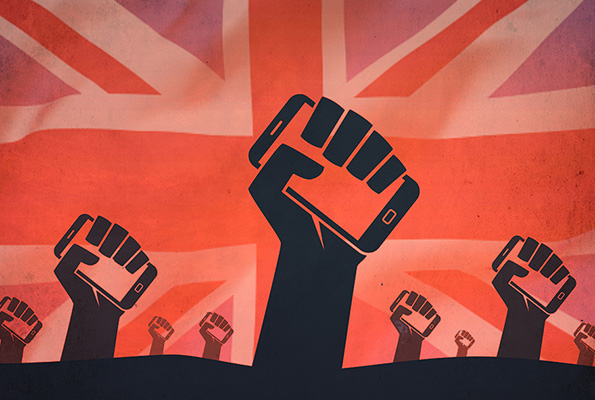In the United Kingdom, more than 23 million people used essentially no cash in 2017, and a survey estimates that by ten years, only 6% of payments will be made with notes and coins.
The figures, which came from the banking organization UK Finance, are probably going to raise worries that millions of people in United Kingdom would get left behind as the transition to a cashless world picks up speed.
However, other data show that due to the cost of the living problem, cash is making a comeback, with many households under pressure turning to notes and coins to help them budget.
Debit cards accounted for 48% of all payments in 2021, according to UK Finance, demonstrating the contactless cards’ steady rise in popularity.
Cash transactions decreased by 1.7% last year, although they continued to be the second most popular way, making almost 15% of all payments.
But in 2021, the number of people who rejected cash rose sharply. This might be a result of some companies ceasing to accept cash temporarily or switching to accepting just cards during the COVID pandemic. There are hints that some consumers avoided using cash because they thought it may spread COVID, as well.
23.1 million consumers used notes and coins either infrequently, just once per month, or not at all in 2021. This was a significant increase from the 13.7 million consumers who didn’t utilize cash the year before. In 2018, there were 5.4 million people living there, up from 2.9 million in 2016. The 2021 data also show that 1.1 million customers mostly made daily purchases with cash at the time.
UK Finance stated that it anticipated a continued decline in cash usage. It predicted that by 2031, only 6% of all payments made in the United Kingdom would be made using notes and coins.
The United Kingdom will transition to an economy where the currency is less significant than it previously was but remains appreciated and preferred by many, according to a spokeswoman, rather than becoming a cash-free society over the next ten years.
Given the rising cost of living, this may have an influence on people’s use of cash in the upcoming months, the organization noted that some people found actual currency useful for budgeting.
The Post Office reported this month that its branches handled a record £801 million in personal cash withdrawals during July, an increase of 20% over July 2021 and nearly 8% over June.
Nearly a third of all payments in the UK were done using contactless methods in 2021, up 36% from 2020, according to UK Finance.
The report also provided information about the rising acceptance of buy-now, pay-later loans. According to data by UK Finance, 12% of individuals utilized this to make purchases last year. Although the age group that utilized it most was those aged 35 to 44, younger people were more inclined than older ones to use the contentious kind of credit.
The Financial Conduct Authority was given authority earlier this year to ensure that communities across the UK have access to cash and to penalize institutions that disobeyed.
Natalie Ceeney, chair of the independent Access to Cash Review, responded to the findings by stating that there was evidence that cash use had increased for the first time in several years as a result of the worsening cost of living crisis and people turning back to the security of notes and coins to aid in budgeting.
It is now commonly acknowledged that those who rely on cash are typically older, poorer, or more vulnerable, and many of them can’t “become digital,” Natalie Ceeney continued.



